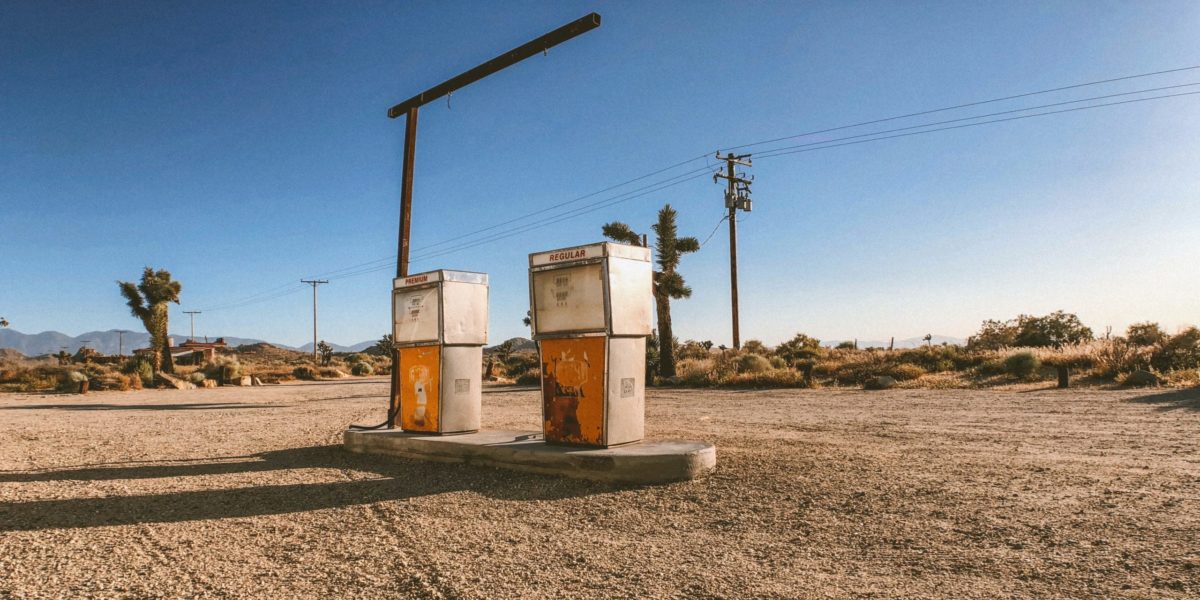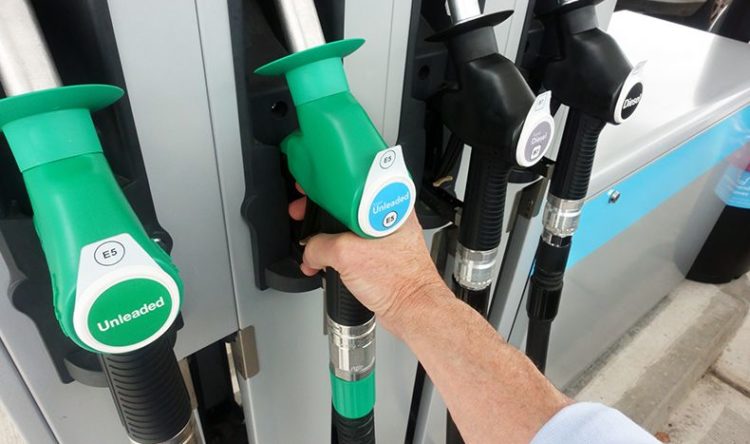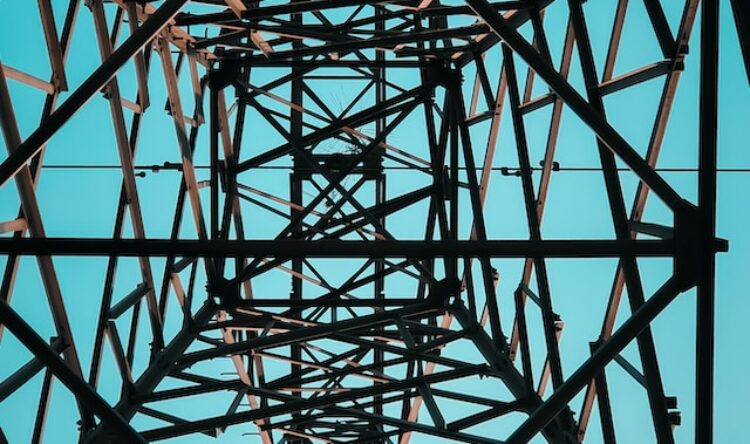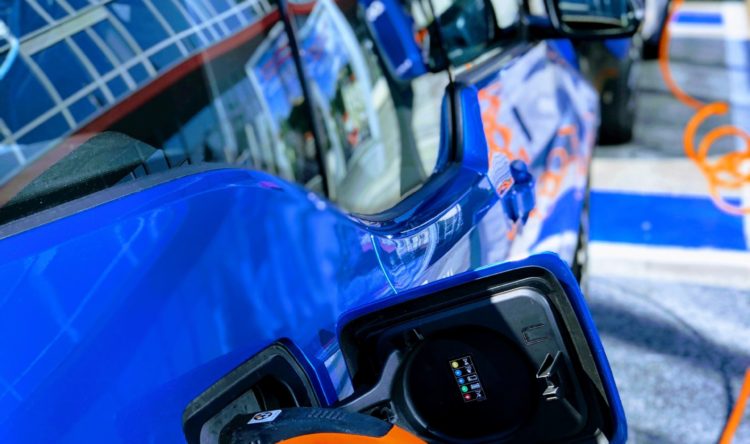Petrol highs
Fuel prices hit eight year high and are rising
If you can actually fill your tank, chances are it will cost you more.
As the fuel supply problems dominate the news, they are likely to be overtaken by price rises.
With inflation on the rise, general predictions looking at 4% by the end of the year, petrol prices are rising faster. They are now at an eight-year high, according to the RAC, but this is down to wholesale fuel costs.
Supply and demand
The pump price spike comes amid the current fuel supply problems and there are reports of profiteering at some petrol stations. These have added to price rises and frustrations over queues at forecourts and ‘panic’ buying.
This is adding up to a “pretty bleak picture for drivers”, the RAC said.
The government has announced that the army have been placed on standby to help ease fuel supply problems. The lack of lorry drivers, has hit the supply chain in many areas with garage forecourts the latest to suffer limited deliveries. Army tanker drivers my be used to ease demand.
On the rise
According to the RAC, the average price of a litre of petrol across the UK increased from 135.87p on Friday to 136.59p on Sunday. This marks the highest level since September 2013.
The motoring organisation warned that prices could rise further as retailers pass on the cost of rising wholesale prices. Wholesale prices for petrol rose from 123.25p on Monday last week to 125.22p just four days later. It is the latest in a series of price rises following demand post pandemic.
Oil prices slumped at the start of the coronavirus pandemic, but demand has increased with economies around the world reopening.
Global oil supplies have also taken a hit from hurricanes Ida and Nicholas passing through the Gulf of Mexico and damaging US oil infrastructure.
The price of Brent crude oil rose above $80 a barrel on Tuesday for the first time since October 2018.
Worrying trends
RAC fuel spokesman Simon Williams said: “When it comes to pump prices, it’s a pretty bleak picture for drivers.” Oil prices are at a three year high.
“We might yet see higher forecourt prices in the coming days, irrespective of the current supply problems.
“We are also aware of a small number of retailers taking advantage of the current delivery situation by hiking prices”.
Howard Cox, founder of campaign group FairFuelUK, said price rises of between 5p and 10p per litre have become “the norm in the last few days”.
Happy Christmas
Demand for fuel has been such that between 50% and 90% of pumps were dry in some areas of Britain, according the Petrol Retailers Association (PRA).
The industry group represents independent fuel retailers who account for 65% of all the 8,380 UK forecourts.
There is a national shortage of lorry drivers, with haulage firms have blamed on factors including Covid and Brexit. While there was already a lack of new drivers in recent years, it has been exacerbated by these two events. No real solution is in sight, though the current fuel supply issue is expected to resolve itself in the coming days. Other product supply issues will continue with the run up to Christmas a particular concern.






